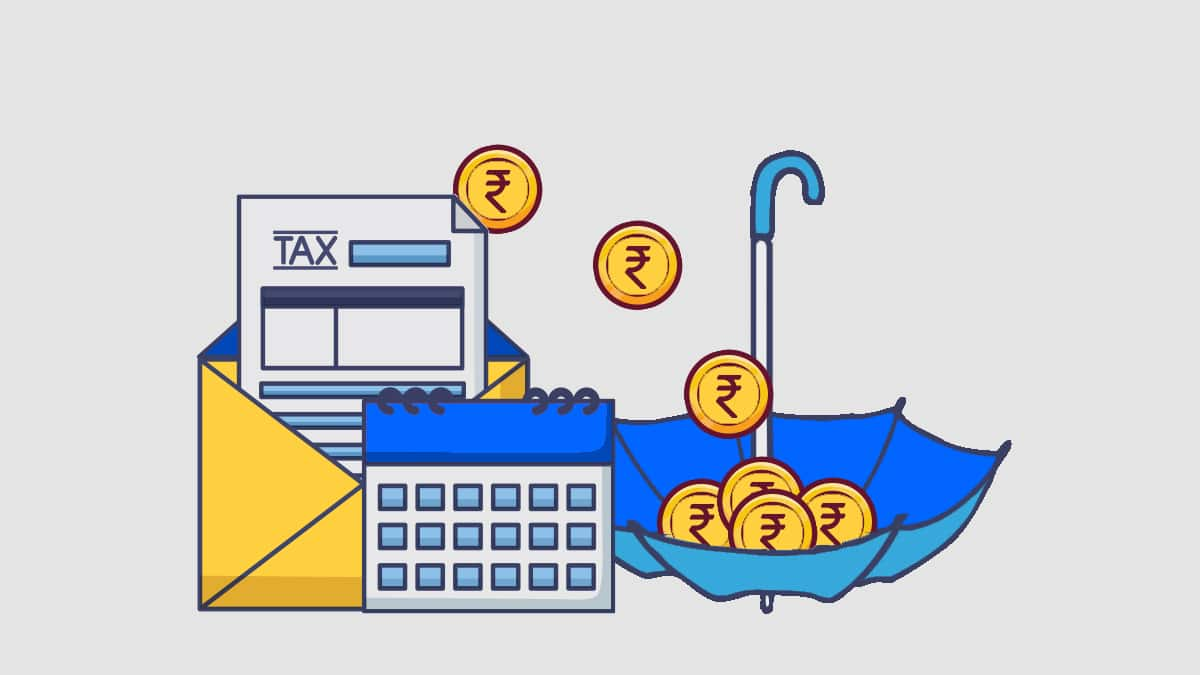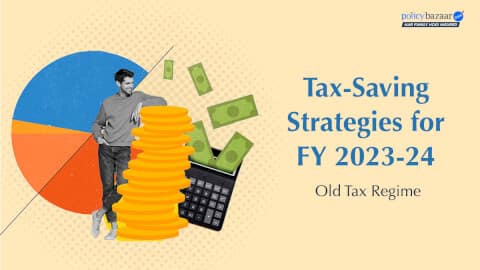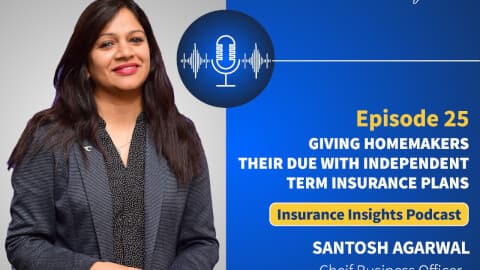1
Feeling Inadequately Insured? 3 Ways To Extend Your Health Insurance CoverDecoding Insurance
Five Financial Products Where You Need To Invest For Tax Saving
The last date for making tax-saving investments is nearing. Yet, despite the deadline approaching soon, we procrastinate and make last-minute tax-saving investments in a hurry. The year 2020 has been tough for all of us because of the pandemic and many have lost jobs or suffered salary cuts. This all the way paves for prudent financial planning so that you can manage your money and achieve your personal goals. It is important to invest wisely depending upon your requirements and long-term goals.
Income tax department allows reduction of the taxable income of the taxpayer in case the taxpayer makes certain investments or eligible expenditures allowed under Chapter VI A. Section 80C allows a deduction for the investment made in PPF, EPF, LIC premium, Equity-linked saving scheme, ULIP, tax saving FD for 5 years, Infrastructure bonds, etc. For section 80C, the amount of eligible investment allowed for deduction is subject to the limit of Rs 1.5 lacs. Apart from 80C, various other provisions also allow deductions for taxpayers such as Section 80 D. We have listed a few tax saving investment options for you so that you can make a prudent decision:
Unit Linked Investment Plan (ULIP): A ULIP is a combination of investment and insurance. The policyholder has to make an investment monthly or yearly. One part of the premium amount is used to provide life cover and the remaining sum is invested. The investments are subjected to the risks associated with the capital markets. The policyholder bears the investment risk on his/her portfolio. A ULIP is considered one of the most transparent financial products. Fund management charges, allocation charges, surrender charges, mortality charges, etc are stated upfront when buying a ULIP. However, on the maturity of the ULIP policy, the mortality charges are returned to the customer.
You can even easily switch from various funds in ULIPs such as equity to debt. It is a great product for long-term wealth creation and you need to have a minimum investment horizon of 5 years. You can also invest in its variants such as child savings plans, retirement plans keeping in mind the long-term goals of your life. ULIPs investments have an EEE (exempt-exempt-exempt) feature. The three exemptions refer to the annual premium towards ULIPs, interest accumulated over the period, and the income generated from the investment. However, ULIPs now bought or issued on or after February 1, 2021, will not be exempt from tax if the annual premium payable exceeds Rs 2.5 lacs.
Life insurance: Section 80 C of the Income Tax Act provides deduction in respect of life insurance premium. When it comes to financial planning, life insurance is the primary investment that you must make to secure the future of your loved ones in case you are not around. Life insurance is a contract between an insured person and an insurance company wherein the insurance company pays a specific sum to the insured’s family upon the policyholder’s death. This sum is paid in exchange for a specific amount of premium. The premium is paid for a specific term. As per Section 80C, the deduction is restricted to 20% of capital sum assured in respect of policies issued on or before 31-3-2012 and 10% in case of policies issued on or after 1-4-2012.
((calculator))
Capital Guarantee Solutions: Capital Guarantee Solution plans are a combination of Unit Linked Investment Plans (ULIPs) and guaranteed return plans. Under this plan, around 50-60% of the invested amount goes into the guaranteed return products and the rest goes into ULIPs. You get the maturity value based on the upside on market-linked return from the ULIP component as well as returns on the traditional guarantee plan when your policy tenure ends. In these plans, the premium payment frequency can be monthly, quarterly, half-yearly, or yearly.
The biggest advantage of Capital Guarantee plans is that the premium you pay throughout the policy term is 100% guaranteed. This means, upon completion of the policy term a customer is guaranteed to get back all the premium invested, hence safeguarding their investments in the current economic downturn. The plan ensures zero risks to capital and returns on the upside of market-linked investments. Along with these advantages, investors also get a life cover which is up to 10 times their annual premium. You can save tax on premium under Section 80 C and tax on returns under section 10(10D) in Capital Guarantee Solutions.
((relatedarticle_1))
Guaranteed return plans: During these unprecedented times when the markets are uncertain, rather than investing in market-linked instruments, one should go for investment products that offer a guaranteed return upfront. These products are much safer, have a higher interest amount and returns are tax-free. An example of such products is guaranteed return plans. In these plans, you need to invest a certain amount upfront for a specific period and the returns are guaranteed on the investment. For example, if an individual aged 30 years invests Rs 5,000 per month in HDFC Life Sanchay Plus for 10 years, you get Rs 4,480 per month as income from the 12th year for 25 years, so in total, you get Rs 19.6 lacs.
The rate of return for these plans ranges between 5.3- 5.8%. The returns are guaranteed for a longer period of time with a maximum time period of 25 years. So, these plans are suitable for anyone with an investment goal of 5-25 years. The returns on investment are completely tax-free which is the reason that it’s a popular investment for individuals in the age group of 28-35 years. You get benefits under 80C on the amount invested and benefit under 10 (10D) on the returns. The customers even get a life cover equal to 10 times the annual premium.
Health insurance: Health insurance is a must-have to combat the rising medical costs these days. None of us plan to fall sick or have a medical emergency but there is a possibility of needing medical care at some point of time in your life. When that happens, your savings might drain out because of the expensive hospital bill. Therefore, you should definitely invest in health insurance to save yourself from any financial crisis during a health emergency.
Premium paid on health insurance is tax-deductible under Section 80 D of the Income Tax Act. The sum claimed on tax deduction depends on the people insured under your policy- yourself, spouse, children, or parents. You can save up to Rs 25,000 on the premium paid for self, spouse, and children and can save additional Rs 25,000 if your parents are also having health insurance. However, if your parents are above the age of 60 years, you can avail tax exemption of Rs 50,000.
((newsletter))














